95%ish of all scientists agree, that climate change is real and that it is a manmade problem. But lets forget about that climate change debate for a while. Lets assume it is all a hoax, because in fact it doesn’t even matter. The consequences for our lifestyle are dictated by something far more basic:
Every living species on the planet thrives to procreate as much as possible in order to survive. However, we all know that the planet, nature, flaura and fauna is usually in an equilibrium and that is because all regulates itself. If there are more rabbits, the wolves thrive, if they eat too many rabbits, the wolve population goes down and the rabbit population goes up again. The cycle continues. Some animals don’t even need natural predators to be in a balance. Big herd animals populations are to a big part regulated by the available food they find. If they eat everything up they have to move to new places. When all food in all places is eaten up the herd size declines until the food grows back quickly enough to feed the herd of that new smaller size. And so on. But we also know it’s not always a balance: Some species don’t adapt well to their surroundings or changes in their surroundings and they go completely extinct. Can you see where this is going?
Mankind has proven to be one of the most efficient species on the planet. Living in every part of the world and procreating in an incredible rate. The population of the “animal” called “human” skyrockets.
And here it comes: From observation we know that the population of every species who eats more than the surrounding can provide will face an unstoppable decline caused by either hunger or predators. Why should humanity be an exception? At some point we want to eat more than the planet provides. The question is not if mankind will hit that limit but only when! Especially because we are not only talking about food, but about a multitude of ressources which we need for our modern way of life.
Climate change debate is distracting from a far bigger issue.
The real issue is: if we want to be regulated by nature, or if we want to regulate ourselves.
We are a pretty smart species and we have developed technologies which, if adapted correctly, will allow us to live in an equilibrium with our planet even at high populations. But we are not using them yet. We are using ressources and energy as if they would never run out. But they will and we theoretically are smart enough to handle that.
Never before has a species existed who consciously decided to regulate itself in order to survive in higher numbers. We can be the first one. If we want to be the first species to regulate itself we have to realize a very simple fact:
There can only be equilibrium if we use exclusively renewable energy and recycle every ressource that we use. It is as simple as that.
We all know it, it’s undeniable and logical: every non-renewable energy source and every ressource will be used up sooner or later. It will happen and we have to face that, as soon as this happens, it will limit our way of life and our population. Even worse: scarce ressources and energy historically has led to wars. If we use more than our environment provides we will hit a wall. But not only that, until we will hit the wall, we will cause the extinction of uncountable other species in order to provide for our own.
If we don’t want to learn it the hard way by being regulated by nature there is only one logical conclusion: We have to be in an equilibrium with nature and for that we have to switch to renewable energy and 100% recycling. There is no other possible future, except leaving earth or a massive decline in population.
And that is why it doesn’t matter if climate change is real or not. Because to live an an equilibrium is common sense. It is the only sensible thing to do. It is the next step in the evolution of mankind. It is truly intelligent to plan far ahead. A smart species aims for self regulated total equilibrium with the planet and that means to go completely renewable and recycling.
We are the ones with the power. We must not wait for politicians to regulate us, we have to regulate ourselves because we are the consumers of the energy and the ressources. We have to change our own behaviour in order to find equilibrium.
Here is what we can do:
- Carefully use transportation and choose transportation methods that use the least energy.
- Look closely what you buy, how it is made and where it is from. Cheap is always suspicious. Ask sellers for information.
- Eat regional and organic. Organic is not healthier for you, it is healthier for the environment.
- Whatever you use, use it as long as possible and buy stuff that lasts long. Stay away from everything 1-way.
- If you can, use electric transportation. It is not always cleaner but it has the potential to be in the future and needs support.
- If you can, live in a sustainable house or upgrade your house to be sustainable. It is very possible.
- Vote for politicians who understand that we need to thrive for an equilibrium. It is a bigger threat for humanity than immigration.
- Eat less or no meat. Producing meat to eat has massive environmental impacts.
- Heat or cool your place or car only as much as it is really needed, the potential here is immense.
- Be a good example, no one can do everything perfectly yet, but every step counts.
The great thing about those 10 things is that it will actually safe you money in the long term and make you happier. Why not do it? Be the change you want to see in the world…
By the way:
Naomi Oreskes uncovers and claims in her book merchants of doubts that the loudest opponents of manmade climate change are actually a handfull of scientists who are payed by the oil industry. Furthermore they aren’t even climate scientists and many of them are the same scientists who were payed by the tobacco industry to defend smoking a decade ago. Many of the rest of the climate change critics are politicians who quote those payed scientists and citizens who quote those politicians or scientists. That alone should be enough to end the discussion about climate change right there and simply “believe” in those other 95%. Especially those who actually are climate scientists.

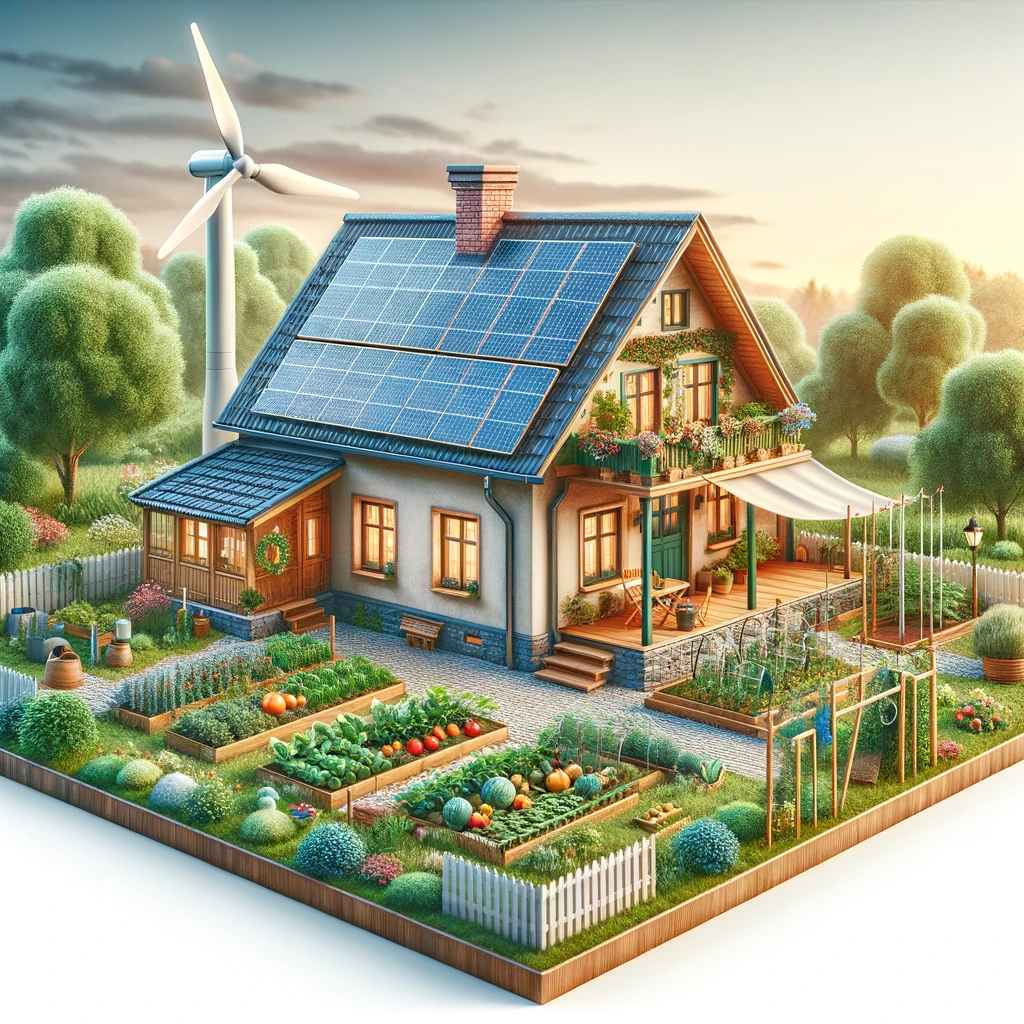
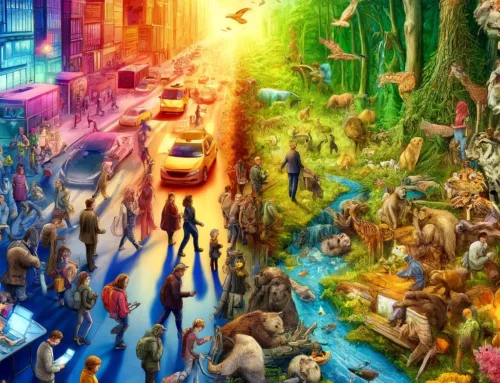
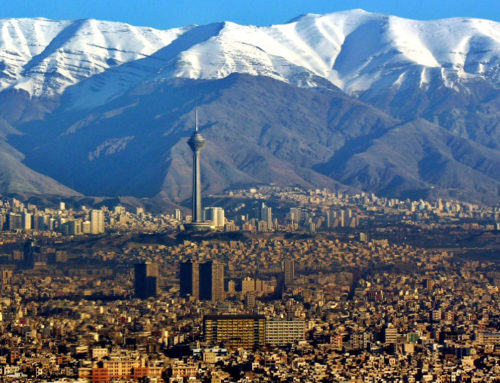
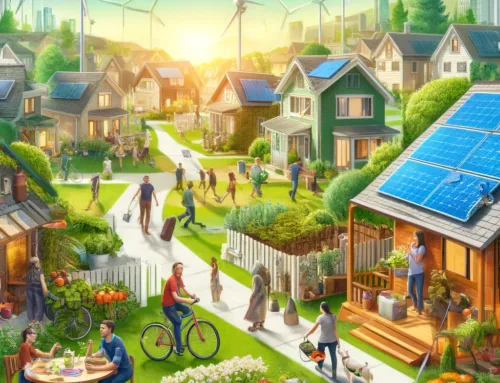
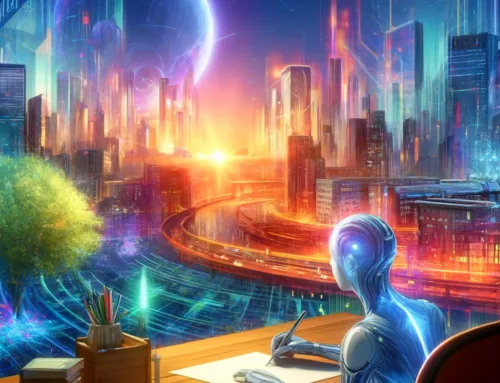
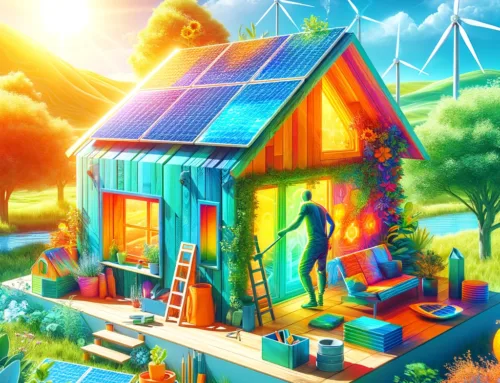
Leave A Comment